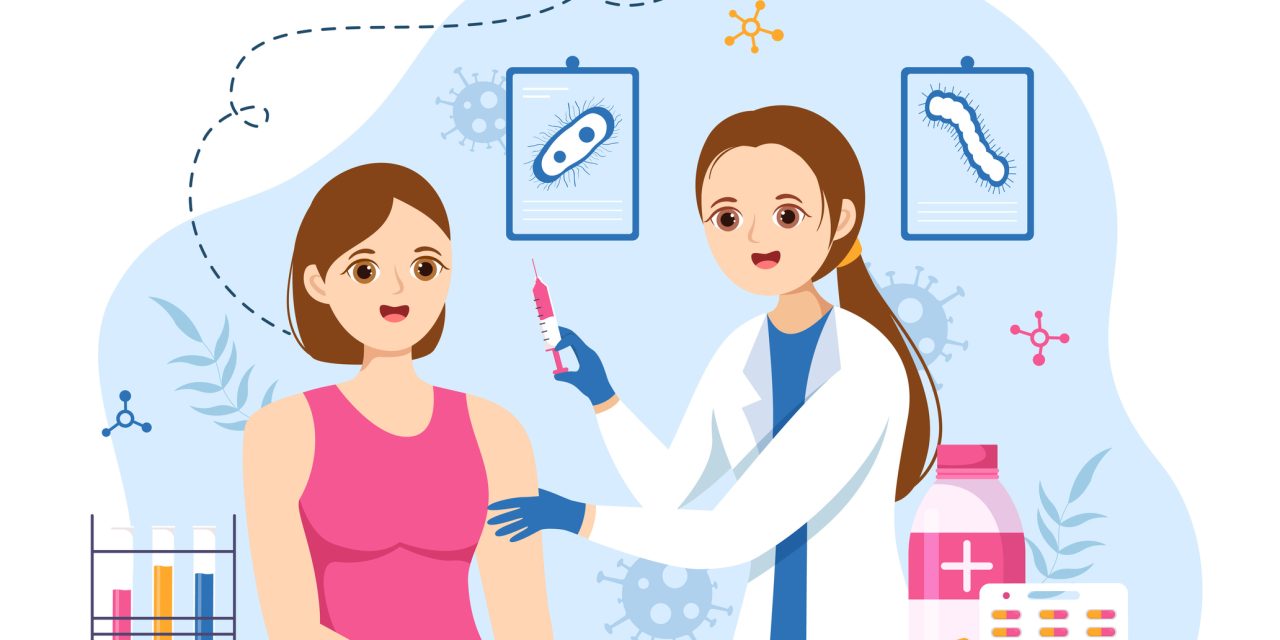To present an overview as well as evidence for the probable cause of oxidative DNA base damage and repair signaling in chronic inflammation and histological alterations associated with asthma. Immunological, genetic/epigenetic, and environmental variables all play a role in asthma development and maintenance. It is a global health issue since present treatments reduce symptoms rather than preventing or reversing the disease, owing to limitations in knowledge of its molecular processes. Inflammation, oxidative stress, and DNA damage are all interconnected, but their molecular functions in asthma etiology remain unknown. It was discovered that 8-oxoguanine (8-oxoG) is one of the most common oxidatively damaged DNA bases, and its amounts in DNA and bodily fluids are regarded a biomarkers of ongoing asthmatic processes. In atopic and nonatopic asthma, free 8-oxoG forms a complex with 8-oxoG DNA glycosylase-1 and activates RAS-family GTPases, which increase gene expression to mobilize innate and adaptive immune systems, as well as genes governing airway hyperplasia, hyperresponsiveness, and lung remodeling.
To avoid mutation, DNA’s integrity must be maintained, thus its continual repair and downstream signaling “fuel” chronic inflammatory processes in asthma and comprise the basic mechanism whose explanation may allow the creation of novel therapeutic targets for the prevention/reversal of lung illnesses.


